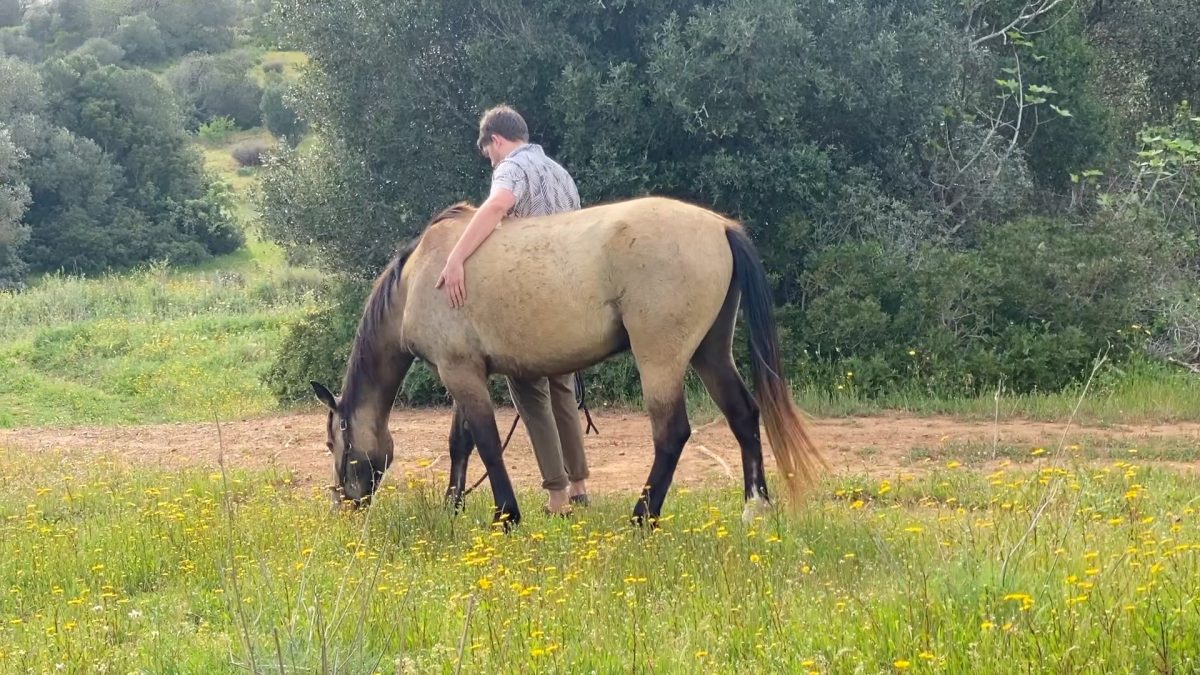When my parent’s generation grew old, they were, to put it politely, screwed.
During their lives cars had been invented, so if they got sick, they could get to a hospital faster. On the other hand, being old they could drive badly and get into bad car accidents and die, because, well, cars had been invented.
They could get sick and die from all kinds of new diseases discovered in their lifetimes, like Ebola or Sickle Cell or HIV or SARS.
Wars were much worse in their life times and occurred with more frequency: there were 20 years between WWI and WWII, 5 years between WWII and Korea, and 1 year between the Korea and Vietnam.
I feel sorry for my parents’ generation; the older they got, the more ways there were to die.
My generation’s wars are much smaller and kill fewer people. Iraq and Afghanistan were pretty deadly, but nothing like my parents’ wars. Also, my generation is starting to use drones and robots in place of people. Pretty smart, huh?
Medically, my generation is looking much better than my parents’ generation. It may be almost impossible for us to schedule a doctor visit, but we have Urgent Care. And if Urgent Care is full our doctors can make a house calls via computer. Granted, we only get 5 to 10 minutes a visit, but we do so from the comfort of our homes.
Oh! And concierge doctors – the newest thing – will actually answer the phone or see me in a day or two …or make a house call! (OK, sure, to give credit where credit’s due: house calls were invented by my parents’ generation… actually their parents’ generations…actually many before them…. On the other hand, my generation rediscovered them, so we’re still cool.)
When my parents’ generation got too old to drive, they depended on their kids or busses or taxis to get to the train station or grocery store or the mall. Not me. When I’m too old to drive I have all of the above plus Uber and Lyft.
If I need groceries, instead of going to the grocery store, I can use Instacart. And guess what? When I use Instacart, I just buy what I need; I don’t walk all the aisles and get sucked into impulse buying.
And for other items, I can use Amazon or Walmart or Target or others.
Who needs kids, anyway?
And guess what? I don’t need to go to the bank at all; I can do all my banking with my computer (except for cash and cash is so 20 Century).
Being old and housebound might crimp time with my kids or friends, but I have Facetime, so I won’t have to stare at the wall when I’m alone the way my parents’ generation did. And with Facetime I won’t have to get dressed up either; I can just comb my hair and put on a clean shirt. In fact, I won’t even have to brush my teeth (just kidding. I will. Really. No, really)
So, all in all, I’m not afraid of getting old. I mean, the only thing I’m worried about is losing my memory. But that’s unlikely. I still write my columns.
When my parent’s generation grew old, they were, to put it politely, screwed. During their lives cars had been invented, so if they got sick, they could get to a hospital faster. On the other hand–
–Wait! Did I just say that? Oh crap! I’m screwed!
